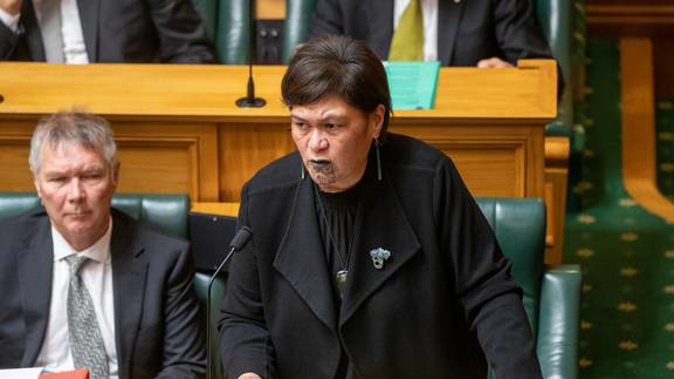
The co-governance aspect of Three Waters reform has survived the select committee process, which heard more than 88,000 public submissions on the controversial topic.
The Water Services Entities Bill proposed the establishment of four publicly-owned water entities to deliver “more cost-effective, safe and efficient water services”, taking the responsibility away from local councils.
The legislation dictated the entities would be managed by equal numbers of territorial authority representatives and mana whenua, which had drawn extensive criticism.
In a statement from Local Government Minister Nanaia Mahuta, co-governance wasn’t mentioned directly, but she confirmed the select committee process had prompted a change to the representation of rural councils.
“We heard from rural councils who felt their voices would be drowned out by larger urban centres,” she said.
“At their request, the Bill now includes a provision which requires a mix of rural, provincial and metropolitan councils to be present on the regional representative group.”
Annual shareholders’ meetings would also be established and would be open to the public, in the “interests of transparency”.
Internal Affairs officials had also worked with the Office of the Auditor-General to improve accountability measures in the legislation, including strengthened reporting lines and obligations, and increased audit scrutiny.
“This level of public reporting will give communities greater visibility of infrastructure investment that supports broader wellbeing.”
A report by the Finance and Expenditure Committee, published today, contained objections to the Bill from each of the National, Act and Green parties.
- Three Waters transition team lease space in Auckland for $2m per year
- Mike's Minute: What is it that these government consultants do exactly?
As they have voiced in the past, National and Act have opposed the implementation of co-governance as it pertained to the water entities.
National’s statement included its recognition of the “role of mana whenua as a group ... with some interests in specific cultural assets”, but considered co-governance unjustified.
“[T]here has never been a clear justification from the Government for the inclusion of co-governance of public services, which represents a significant departure from existing policy.”
/cloudfront-ap-southeast-2.images.arcpublishing.com/nzme/RZ7XT4PSY4JTSUGYKB47M5VYSA.jpg) Act Party leader David Seymour has rallied against co-governance in Three Waters. Photo / Mark Mitchell
Act Party leader David Seymour has rallied against co-governance in Three Waters. Photo / Mark Mitchell
This was echoed in Act’s statement, which claimed Mahuta had not explained the need for co-governance.
“... Mahuta, who is responsible for this bill, is unable to justify why it is necessary for mana whenua to get more of a say than other parts of the community when it comes to the four new water services entities.”
The Green Party was strongly supportive of co-governance, stating water was a “taonga” and that iwi and hapū had long called for stronger water management rights.
However, it did recommend “councils retaining real ownership of water assets and infrastructure”.
Mahuta referenced those who “questioned the fundamental elements” of the reform - a comment likely directed at those who took issue with co-governance.
“The Government has listened to and considered these views,” she said.
“We remain firmly of the view that the future affordability and sustainability of our water infrastructure is best served by reform underpinned by the four fundamentals of public ownership, balance sheet separation, good governance, and Treaty partnership.”
Mahuta said there were shared views between the Government, councils and communities on the need to amend water networks while also limiting costs.
“Keeping a lid on rates rises is imperative, as households, businesses, communities and councils around the country face cost of living challenges.
“When an estimated 34,000 New Zealanders get sick from drinking water each year, that is a crisis.
“We are committed to ensuring everyone’s drinking water is clean, boil water notices are minimised, sewage leaks get fixed, and pipes are in the ground to help build new homes, in the most cost-effective way possible.”
Take your Radio, Podcasts and Music with you









